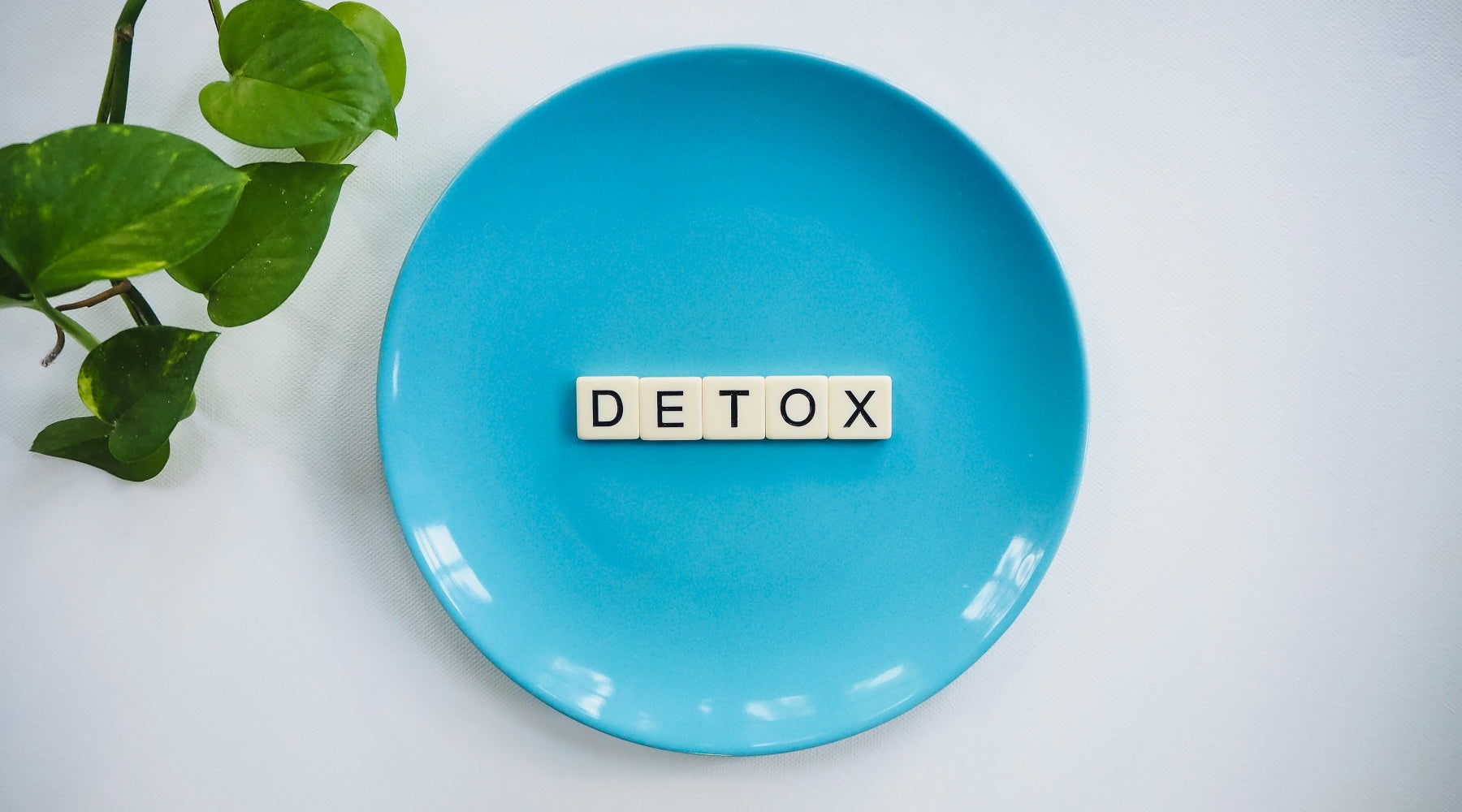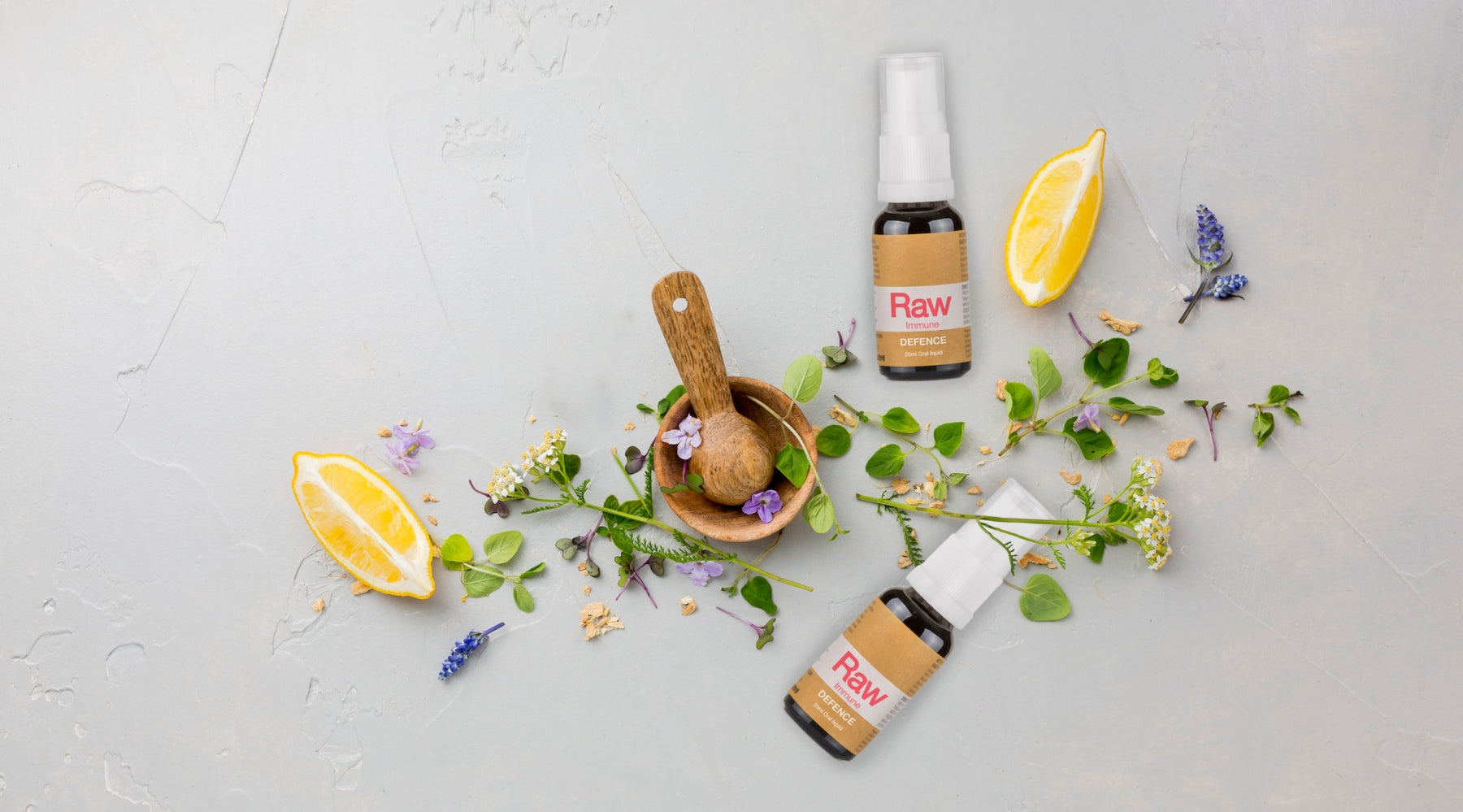
Fact vs. Fiction: 10 Nutrition Myths Busted
There’s a wealth of diet and nutrition advice available online, but how do you know which tips to trust and which ones to toss? Our Nutritionist & Herbalist, Zoe Dent busts 10 popular diet myths to help you achieve a healthier lifestyle.
Myth #1: ‘Calories in, calories out’ is all that matters
The lowdown: Not all calories or bodies are created equal, and different diets with the same number of calories can have vastly different health outcomes depending on the nutrient density of the calories, and on the genetics and microbiome of the individual. Rather than tracking calories, which can negatively impact mental wellbeing, I advocate bringing awareness to the nutrient density of our meals instead. This has a significant impact on our energy levels, the health of our skin, hair and nails, and weight control.
Myth #2: Oranges are the highest food source of Vitamin C
The lowdown: The idea that certain foods are high in certain nutrients is too simplistic because it doesn’t take into account how the food was grown, stored or processed. For example, if an orange was grown in California, sprayed with pesticides, shipped to Australia where it’s put in cold storage for months, and then sat on a warm supermarket shelf for weeks – chances are there’s very little Vitamin C in that orange when you go to consume it. Particularly compared to an Australian-grown orange from your local organic food markets. I recommend quality over quantity when it comes to fresh produce. If you think you might be lacking, a certified organic, non-synthetic supplement such as our Raw Nutrients Vitamin C is a great option, with one serve delivering 1000% RDI Vitamin C.

Myth #3: Frequent mini-meals are better than three main meals
The lowdown: While everyone is different, eating every three hours doesn’t give our digestion the rest it needs. When healthy snack options are limited, we fall into the trap of reaching for nutrient-void, packaged foods. Opt for a balanced, filling meal to fuel your body for hours, so energy is diverted away from digestion and towards healing, repair and general maintenance of the body.
Myth #4: Protein is all you need post-workout
The lowdown: Protein consumed 30-60 minutes after a long or intense workout does promote muscle recovery and synthesis IF it’s paired with some carbohydrates. For the average exerciser, it’s better to consume protein, healthy fats and carbohydrates regularly and evenly throughout the day as part of normal meals. Doing this will keep those hunger pangs at bay and replenish your muscles with whole foods, rather than rushing to eat a processed protein bar post-workout.
Myth #5: Fresh produce is healthier than frozen
The lowdown: Frozen foods can sometimes be healthier than fresh. As fruits and vegetables ripen, their sugar content increases and nutrient content deteriorates. Often, fruits and vegetables are frozen quickly after harvest, which prevents over-ripening and actively preserves nutrients. Frozen produce can also prevent food waste, and can be an easier, more affordable way to cook. In any form, wholefoods beat ready-made processed foods. For instance, throwing a pack of Amazonia Acai Pure in a smoothie provides double the antioxidant concentration of blueberries and Omegas 3, 6, & 9 – ensuring you always have a nutrient-dense breakfast option on-hand.
Myth #6: Eating calories at night causes weight gain
The lowdown: The time of day that you eat doesn’t affect your body’s ability to digest foods – your metabolism doesn’t just switch off after 8 pm. It’s not so much about when you eat, but rather how much and what. Rather than gorging on ice cream and chocolate, opt for a piece of fruit to satisfy your late-night sugar craving.

Myth #7: A gluten-free diet is healthier
The lowdown: Due to its presence in wheat, barley and rye, gluten is found in many carbohydrate-based processed foods, many of which can be unhealthy – such as biscuits, cakes, pies, and pastries. However, some processed gluten-free foods can be as equally unhealthy, containing a long, unrecognisable ingredient list. If you’re not gluten intolerant, focus on eating a whole food diet free of processed foods and filled with naturally gluten-free fruits and vegetables.
Myth #8: You need to ‘detox’ to rid your body of toxins
The lowdown: Each and every day, our bodies are exposed to a variety of substances, some of which are toxic to the human body. Luckily, our bodies are naturally equipped with a system that both defends against and gets rid of these harmful substances. This includes our skin, gastrointestinal system, kidneys, liver, and lymphatic system. When working optimally, these systems ensure that we naturally ‘detox’ daily. However, for those whose detoxification functions are compromised, working with a health practitioner to support these processes, and optimise your diet and lifestyle to support these detoxifications systems can be recommended.
Myth #9: You should avoid fruits because they contain too much sugar
The lowdown: Yes, fruits do contain high levels of a sugar called fructose, and, like any carbohydrate, a lot of energy. However, whole fruits are also a great natural source of dietary fibre, plus vitamins and minerals such as Vitamin C and potassium. Therefore, 1-2 pieces of fruit daily can be a wonderful nutrient-dense snack or dessert option to replenish your body’s daily energy needs.
Myth #10: Supplements are a complete waste of money
The lowdown: While focusing on consuming a nutrient-dense, well-rounded diet is the most important component of health, quality supplements – when used correctly – can be beneficial. For individuals with lifestyle or health concerns that impact their body’s ability to absorb nutrients through their diet, a certified organic, synthetic-free supplement can be a great addition to ensure you’re getting the essential nutrients needed for optimal wellbeing.


